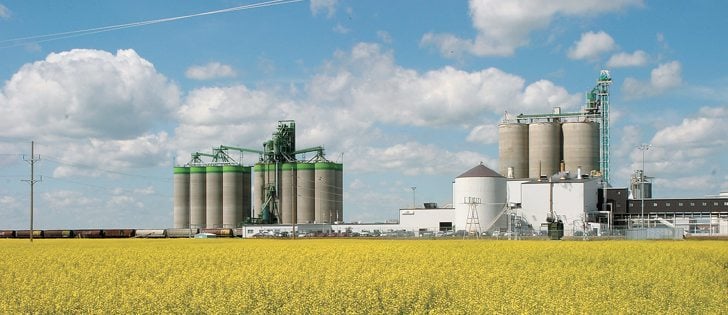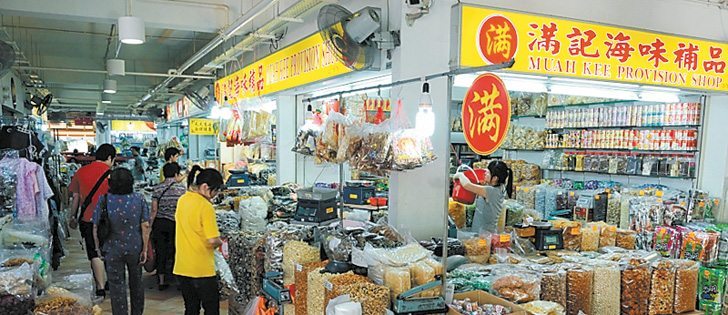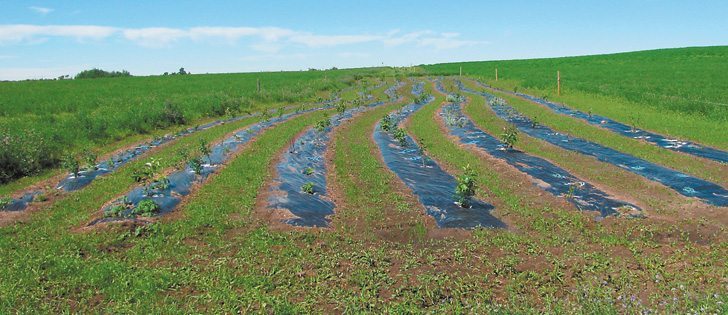KANSAS CITY, Mo. – Monsanto plans to increase overall seed prices in the United States by up to 10 percent next year.
However, it also plans to hold the line on prices on some hybrid seed for farmers unwilling to pay premiums for the company’s genetically modified technology.
“We have to have a balanced approach,” said Monsanto chief financial officer Carl Casale.
“You’ve got to continue to acquire new customers.”
Canadian farmers won’t see similar increases, said Cornie Thiessen, Dekalb business manager in Western Canada for Monsanto.
Read Also

Farm groups ask feds for export sales reporting
The Agricultural Producers Association of Saskatchewan and SaskCrops asks the federal government to create an Export Sales Reporting program.
“We’ve already priced our canola seed … and the changes relative to last year are relatively minor,” Thiessen said.
“We adjusted some products a little bit down, some a little bit up. Overall, there isn’t much of a change of any sort.”
As an example, Thiessen said the price of Dekalb 72-65, a Roundup Ready hybrid seed, will increase by one percent.
In the U.S., Monsanto plans to introduce at least one new product every year for the next seven years, officials said.
Monsanto is a frequent target of farmer ire for the steep price increases it has implemented over recent years on its popular corn and soybean seed technology.
The genetic modifications help farmers maximize yields and efficiencies, but the double digit price increases have angered certain segments of the farm industry, particularly as crop prices have fallen over the last year.
Some farm groups also complain that Monsanto has a broad hold on the market, squeezing competition and leaving farmers few choices for cheaper seeds.
Monsanto officials said they are introducing for the first time a strategy to hold prices flat for certain varieties they described as workhorses, proven hybrids lacking some of the sophisticated new technology.
“What we’re seeing is the emergence of customers who have tried our technologies, who are loyal supporters … and then there is another group who have still to try and are still on the edges,” said Monsanto chair Hugh Grant.
“Our job … we need to drive adoption with that second group.”
Casale said the company did not correlate its seed pricing strategies with crop prices but rather with how much value the company thought it was providing the farmer.
Monsanto reported mixed hybrid market share performance for 2009, holding flat with many of its brands, and slipping to 39 percent from 41 percent for its Deltapine cotton seed.
Monsanto said its genetic corn traits were planted on 70.6 million U.S. acres in 2009, while worldwide, Monsanto’s corn traits were planted on 85.7 million acres.
Soybean traits were planted on 73.2 million U.S. acres in 2009, and 159.5 million acres worldwide.














